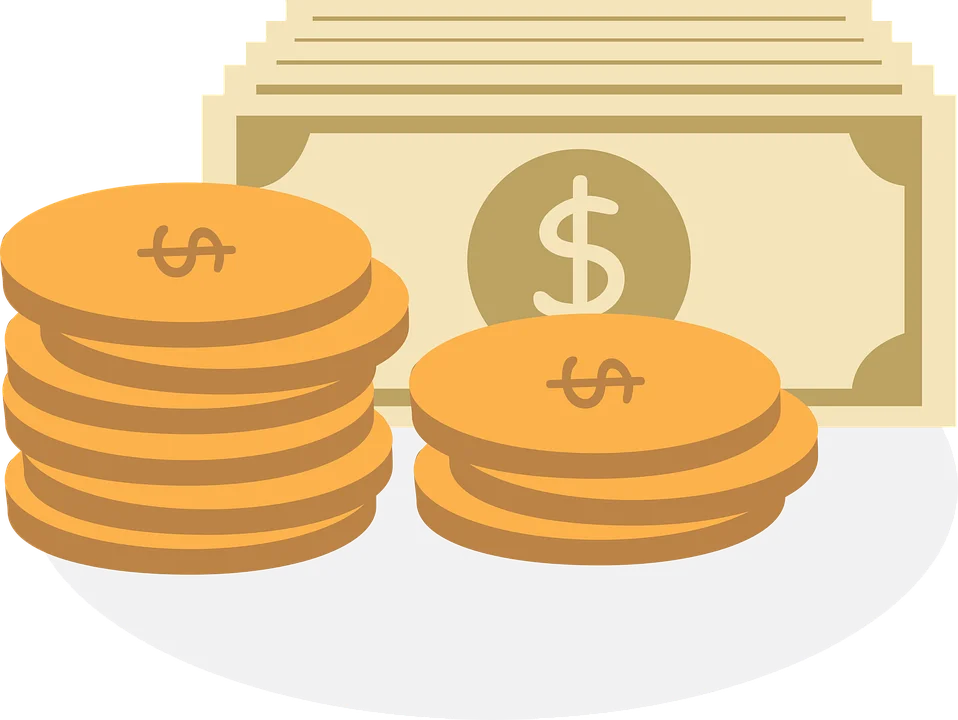What decides a country's minimum wage?

The true value of money
Back in the old days, the value of a currency was linked to that country's gold reserves. It's still linked to something. Do you know what it is? Who is dictating minimum wage and why? These questions are hard to answer. Heck, most people haven't even wondered about the questions themselves. In case you haven't before reading this article, I'm sure you are tickling with curiosity.
The answer is surprisingly simple, at least if we leave out the math. Countries have different types of resources:
Mother nature's blessings: minerals, topography and climate. These three things dictate how profitable investing in this area can be.
People: how competitive the population is for cheap labor and how educated they are for high-end intellectual labor. Certain companies are more or less willing to allocate their budget according to the local job market's offer and demand. Culture also affects how efficient something turns out.
Local political interest: local leaders' objectives gravitate the country in the direction they prefer.
Global political interest: world leaders' objectives gravitate the country in the direction they prefer, driven by things like commercial expansion and war conflicts.
Real world exercises
No easier way to learn than looking at current real life examples.
Going poor
We can find a prime example of how everything comes together in my country, Brazil, which is getting a lot of agricultural attention internationally. Most of its land is turning into cow and crop farms because of the favorable climate and topography, at the cost of its rainforest's deforestation.
The current local government is empovering the population so that they can't fight back or even become educated enough to grow professionally. Minimum wage is worth less now than it has ever been, sitting at 200 USD monthly, while job employment rates sink continuously. The pandemic is not an argument, because only measures unfavorable to the people have been taken. When both local and global leaders focus on profiting from non-human sources, the people suffer.
Going rich
Meanwhile, Israel provides the exact opposite example. Local leaders couldn't profit from natural resources, because they were really behind in technology. Started as a last resort, their continuous movement of educating their people has flourished wonderfully.
Their fate could have turned out completely different if the local elite didn't have so much trouble extracting local wealth in the past due to horrid topography and work force conditions. Every Israelite happily feasts on the achievements caused by their previous inability to do anything on their own.
Capitalism
Therefore, we conclude the value of a nation's currency is based on what minimum level of purchasing power to the lowest worker brings more profit to a mix of local and foreign leaders, as a result of capitalism in our post-globalization era.
image source: pixabay